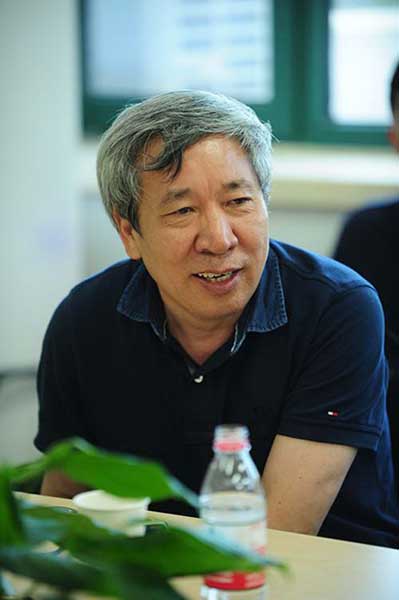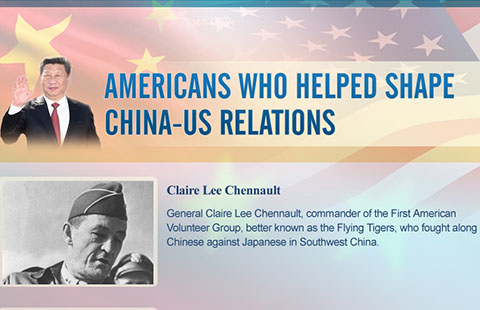University opens new master's course
Updated: 2015-09-23 08:15
(China Daily)
|
||||||||
 |
|
Yan Lianke,writer.[Photo provided to China Daily] |
Leading Chinese universities have been using creative writing workshops to help nurture the country's literary talent for a few years now, although debate about whether writers can be trained has gone on at least since 2009.
Renmin University has taken this approach a step further by launching its first postgraduate course for creative writing earlier this month.
It has also used a special way to select candidates called "independent recruitment" to help find talent for the course.
"We hoped to focus more on the candidates' writing rather than other elements which are examined in the existing system, like scores of English or other subjects," says Yan Lianke, an established writer and professor at the university.
"It also made it easier for us to find people that write really well," says Yan, adding the eight students for the course were picked by a committee of evaluators.
Yan compared the selection process to a trial conducted in 1988, when the LuXun Literature Institute and Beijing Normal University launched a similar master's course.
Mo Yan, Yu Hua, Liu Zhenyun, Chi Zijian and Yan Geling, all of whom have become major writers with their own styles and contributions, attended that course.
In the recent past, the trend of creative writing courses was started by Shanghai's Fudan University in 2009. But writer Wang Anyi who has been helping train potential writers there, says that "students tend to imitate. They struggle to find their own voices".
More universities then joined the bandwagon to offer a master's degree in creative writing, following a model pioneered by the University of Iowa in the United States, which began offering the course in the 1930s.
The university jumped into the fray last year, even as the discussion over whether writers can be trained by universities continues.
Peking University says in its training goals that its graduates are suitable for jobs that require refined skills and creativity.
Meanwhile, other universities claim that their graduates can cater to the market needs of writing for drama, film, TV, animation and more.
"You cannot teach anybody to write," French Sinologist Sylvie Gentil tells China Daily. "What you can do is to help them to write better."
The translator of both Mo Yan and Yan Lianke's novels, Gentil was invited to the launch of the program at Renmin University.
- World's oldest male panda celebrates 30th birthday
- Women's development in China contributes to global equality: white paper
- China releases full text of reform plan for ecological progress
- Upgraded combat drone is unveiled
- Villagers scoop up big profits by drying fish
- Food safety a long-term endeavor

 Who accompanies President Xi on foreign visits?
Who accompanies President Xi on foreign visits?-
 Special: President Xi visits the US, attends UN summits
Special: President Xi visits the US, attends UN summits 
 Americans who helped shape China-US relations
Americans who helped shape China-US relations-
 US buses drive with images of China's pandas
US buses drive with images of China's pandas -
 From Iowa farm to White House: Xi's US visits
From Iowa farm to White House: Xi's US visits 
 LFW: Burberry Prorsum Spring/Summer 2016 collection
LFW: Burberry Prorsum Spring/Summer 2016 collection
 Top 10 favorite hotel brands of rich Chinese
Top 10 favorite hotel brands of rich Chinese-
 Top 15 Chinese CEOs to attend US roundtable
Top 15 Chinese CEOs to attend US roundtable
Most Viewed
Editor's Picks

|

|

|

|

|

|
Today's Top News
Young people from US look forward to Xi's state visit: Survey
US to accept more refugees than planned
Li calls on State-owned firms to tap more global markets
Apple's iOS App Store suffers first major attack
Japan enacts new security laws to overturn postwar pacifism
Court catalogs schools' violent crimes
'Beauty of Beijing's alleys akin to a wise, old person'
China makes progress fighting domestic, international cyber crime
US Weekly

|

|







